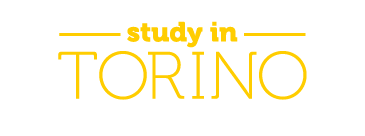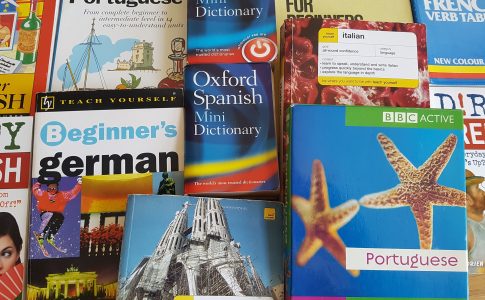The Laura Bassi Scholarship was established in 2018 with the aim of providing editorial assistance to postgraduates and junior academics whose research focuses on neglected topics of study, broadly construed. The scholarships are open to every discipline and the next round of funding will be awarded in Summer 2024:
Summer 2024
Application deadline: 24 July 2024
Results: 10 August 2024
All currently enrolled master’s and doctoral candidates are eligible to apply, as are academics in the first five years of full-time employment. Applicants are required to submit a completed application form along with their CV through the application portal by the relevant deadline. Further details, including previous winners, and the application portal can be found at: https://editing.press/bassiopen_in_new









